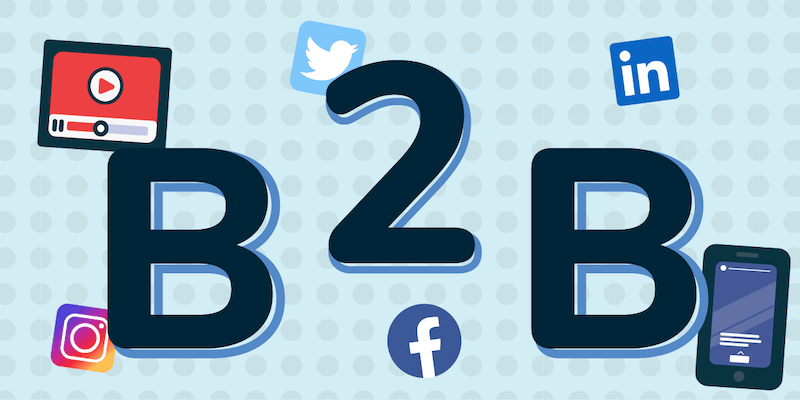Introduction
In the ever-evolving digital landscape, choosing the right social media platforms for B2B marketing is crucial for success. With numerous options available, it can be challenging to identify where to focus your efforts. This blog will explore the best platforms to maximize your B2B marketing strategy.
1. LinkedIn
The Power of Professional Networking
LinkedIn is the premier platform for B2B marketing. With over 900 million members, it offers unparalleled access to decision-makers and industry leaders. Companies can create engaging company pages, share industry insights, and run targeted ad campaigns to reach specific audiences.
Best Practices for LinkedIn
- Optimize your profile: Ensure your company profile is complete and showcases your brand effectively.
- Share valuable content: Post articles, case studies, and infographics that resonate with your audience.
2. Twitter
Real-Time Engagement
Twitter is an excellent platform for real-time engagement and customer service. With its fast-paced nature, businesses can share updates, industry news, and engage in conversations directly with clients.
Best Practices for Twitter
Use hashtags: This increases the visibility of your tweets and helps you join relevant conversations.
Engage with followers: Respond to comments and questions promptly to build relationships.
3. Facebook
Targeted Advertising
While often seen as a B2C platform, Facebook’s advertising capabilities make it a valuable tool for B2B marketing. With over 2.8 billion users, businesses can target specific demographics and industries effectively.
Best Practices for Facebook
- Create a business page: Share updates, engage with followers, and showcase your products or services.
- Utilize Facebook Ads: Target ads based on user interests, behaviors, and demographics.
4. Instagram
Visual Storytelling
Instagram may not be the first platform that comes to mind for B2B marketing, but its visual appeal can be powerful for branding. Sharing behind-the-scenes content, employee highlights, and client success stories can enhance your brand image.
Best Practices for Instagram
- Utilize Stories and Reels: These features can drive engagement and showcase your products in creative ways.
- Engage with your audience: Respond to comments and encourage user-generated content.
5. YouTube
Video Content Marketing
YouTube is the second largest search engine, making it an effective platform for B2B marketing. Businesses can create informative videos, webinars, and tutorials to educate their audience.
Best Practices for YouTube
- Optimize video titles and descriptions: Use relevant keywords to improve discoverability.
- Engage with viewers: Encourage comments and respond to foster a community.
Conclusion
Choosing the right social media platforms for B2B marketing is essential for reaching your target audience effectively. By leveraging platforms like LinkedIn, Twitter, Facebook, Instagram, and YouTube, you can create a comprehensive strategy that drives engagement and generates leads.


